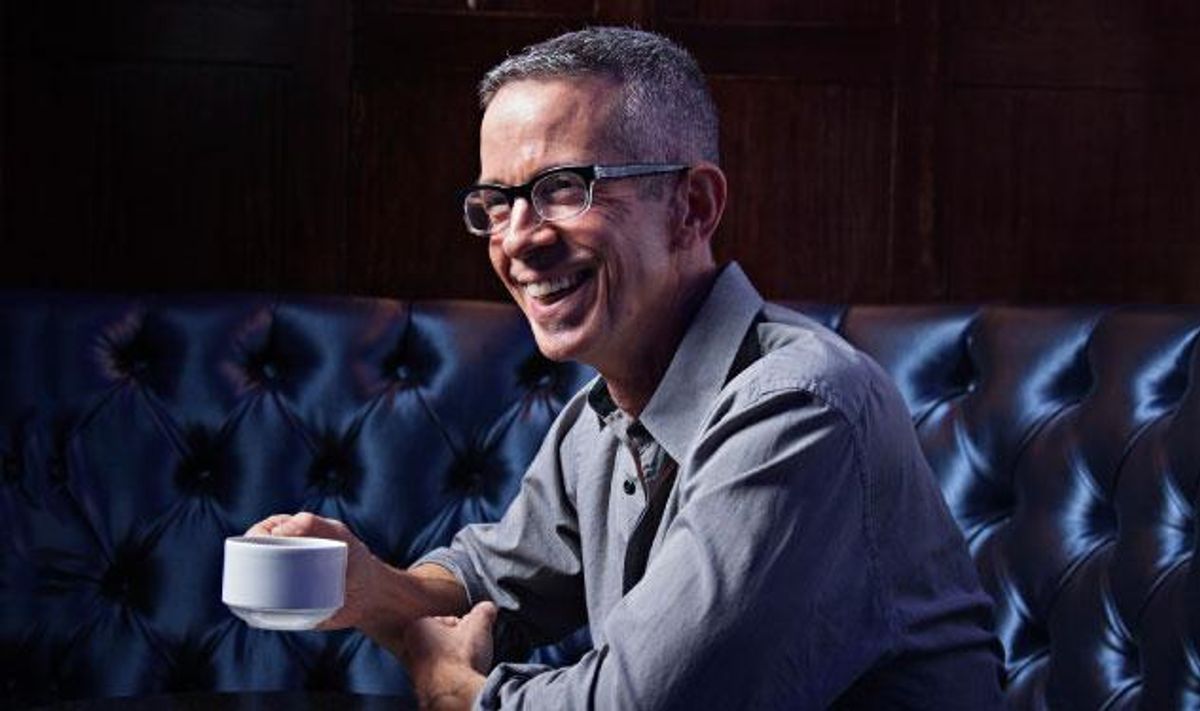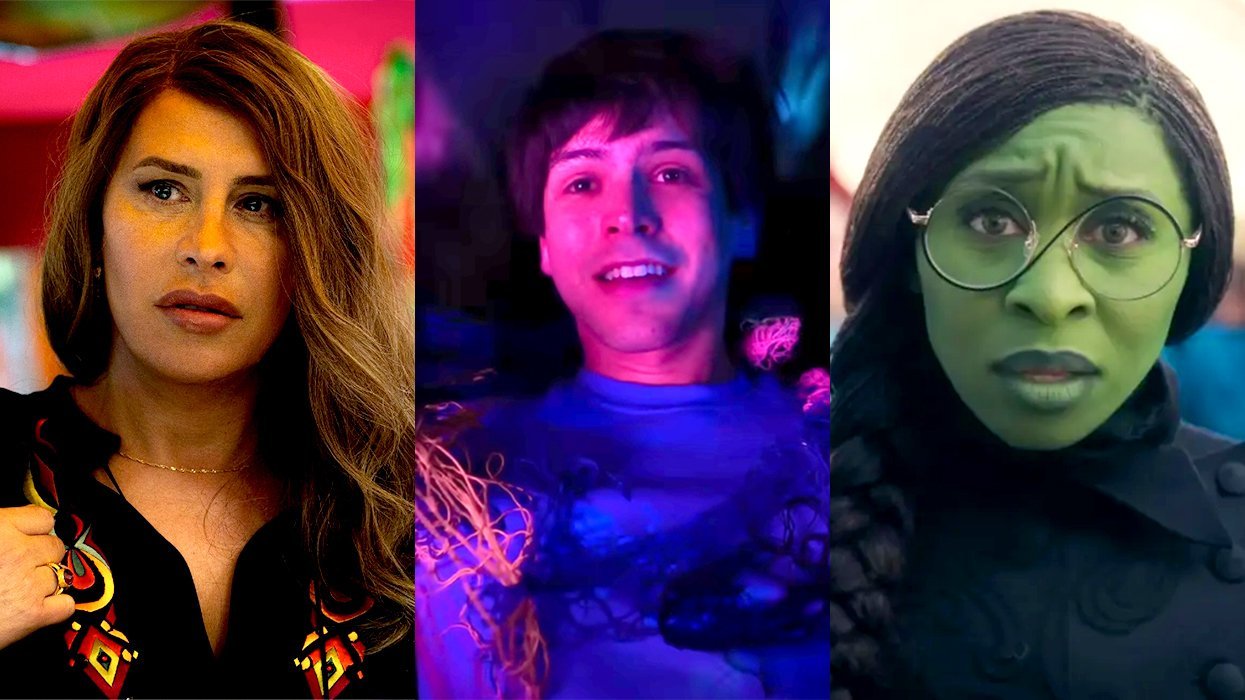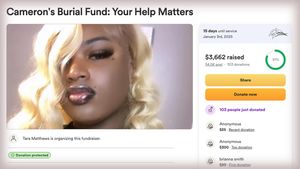Photograph by M. Sharkey
My motto is knowledge equals power, and I think it's a real lifesaver when someone with HIV does everything they can to learn as much as possible. When I got my diagnosis in 1985 I didn't know another person with HIV. I found a support group, but they were a pretty freaked-out, stigmatized lot. I wanted to fight. I didn't want to feel guilty or self-stigmatize at all--I didn't see the point. So I zeroed in on Griffin Gold, the one guy in the room who seemed to have a fighting attitude. He was one of the founders of the People With AIDS Coalition, one of the earliest HIV groups, so he was my first connection to the politics around this. There was already a precursor to ACT UP called the Lavender Hill Mob that was zapping Reagan administration officials. I was still a bond trader on Wall Street at the time, and in the closet, so I couldn't join them -- but I became their biggest fundraiser and sugar daddy.
Those were the best years of my life in many ways because I really lived in the moment, and it was absolutely thrilling to be a part of that movement and to feel that communal love and family and power. It always seemed to me that the horizon for finding a cure or effective treatment was way beyond my lifespan, but then, in March 1987, AZT came out. They overdosed everybody originally, and it caused anemia in more than half of the people who took it, and I was one of them. Eventually I said to my doctor, "Let's try a really low dose, just whatever I can tolerate," and we started on a quarter of the recommended dose, and I reacted beautifully to that. And then, when they started doing trials of DDI (Didanosine) in 1988, I found a black market supplier and added a low dose to my AZT. It was inch by inch like that, focusing on getting through each month until the next thing came along.
Of course, to go from living in the moment to trying to figure out how to join the real world and put together a future again is a very difficult and long process. It wasn't only about survivor's guilt, but also a sense of abandonment. It was kind of shocking that within a few years there were young gay men walking around who had never heard of ACT UP. I'm in a bubble right now of people who have seen How to Survive a Plague and who adore the movie and are blown away by this history. But the sad reality is that it hasn't reached a broad audience, and that more than 99 percent of young gay men would have to be dragged to see it. Nobody seems to be paying attention to the fact that HIV is more of a gay disease than it has been since the '80s. We are the only group in the country in which HIV infections are increasing, and it's happening mostly in young gay men of color. And no one is talking about it. A huge proportion of people with HIV are not even in treatment or seeing doctors, which is indicative of how broken our health system is. We walked away in 1996, and it's not over; it's getting worse -- and this time we're not paying attention.
As told to Aaron Hicklin


















































































Sexy MAGA: Viral post saying Republicans 'have two daddies now' gets a rise from the right